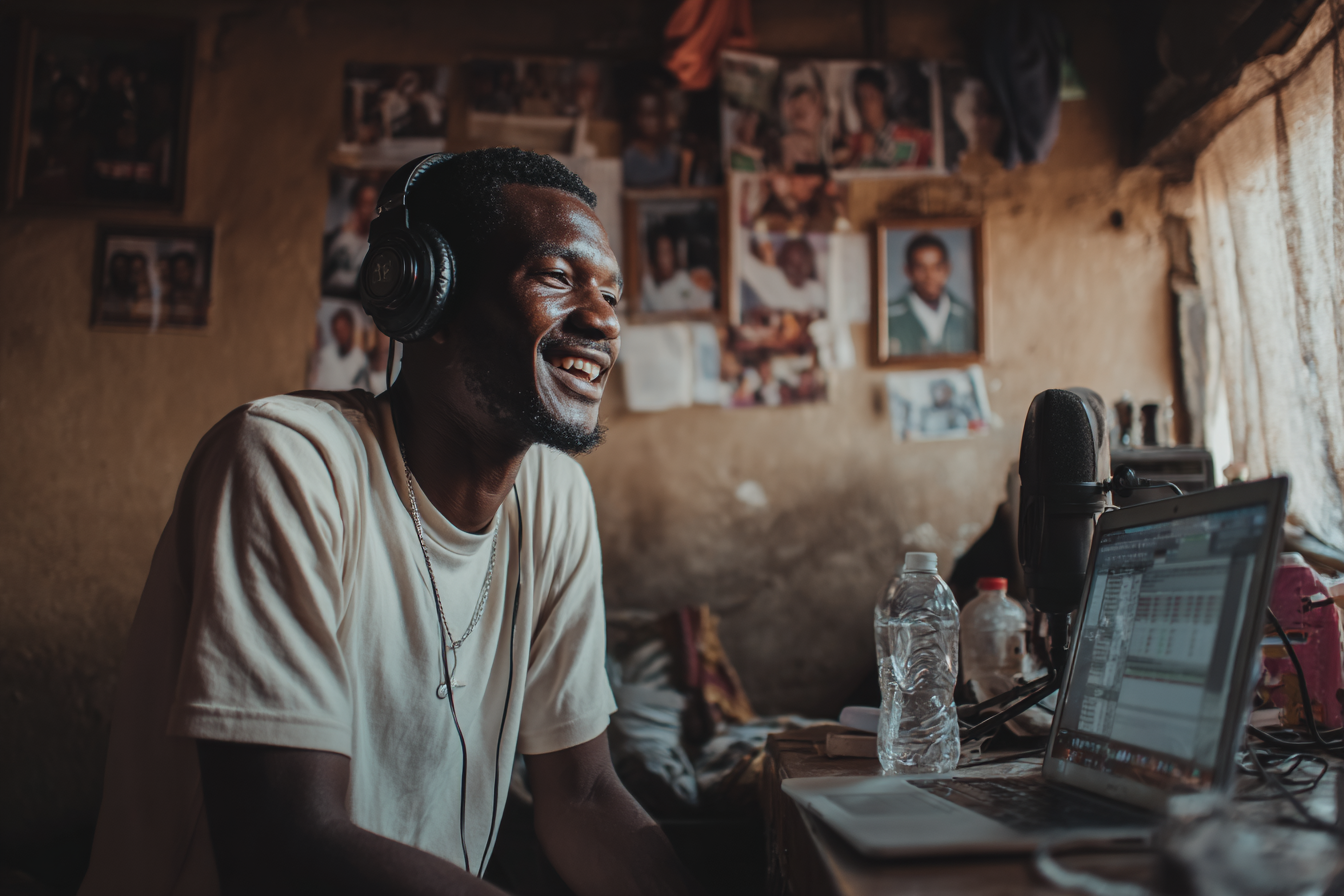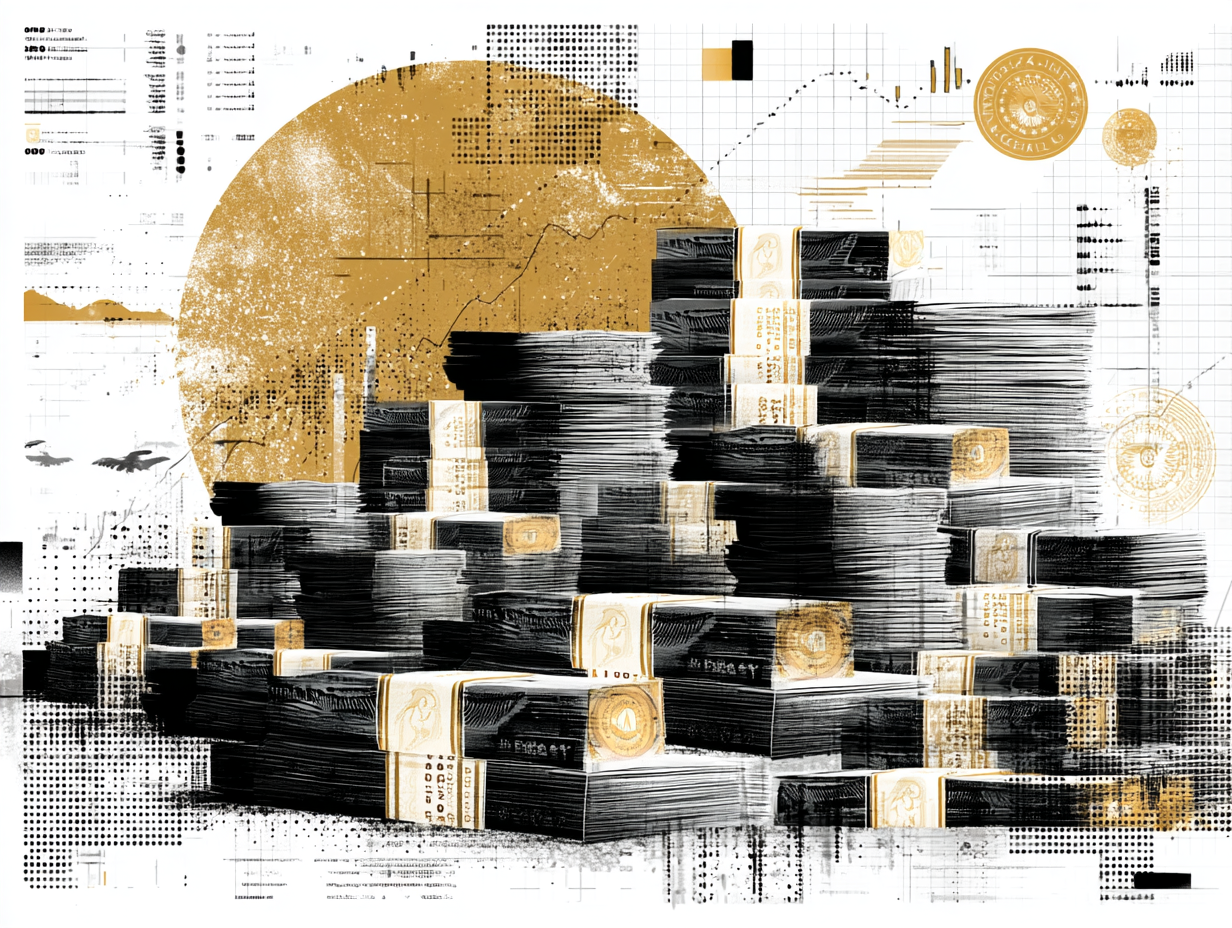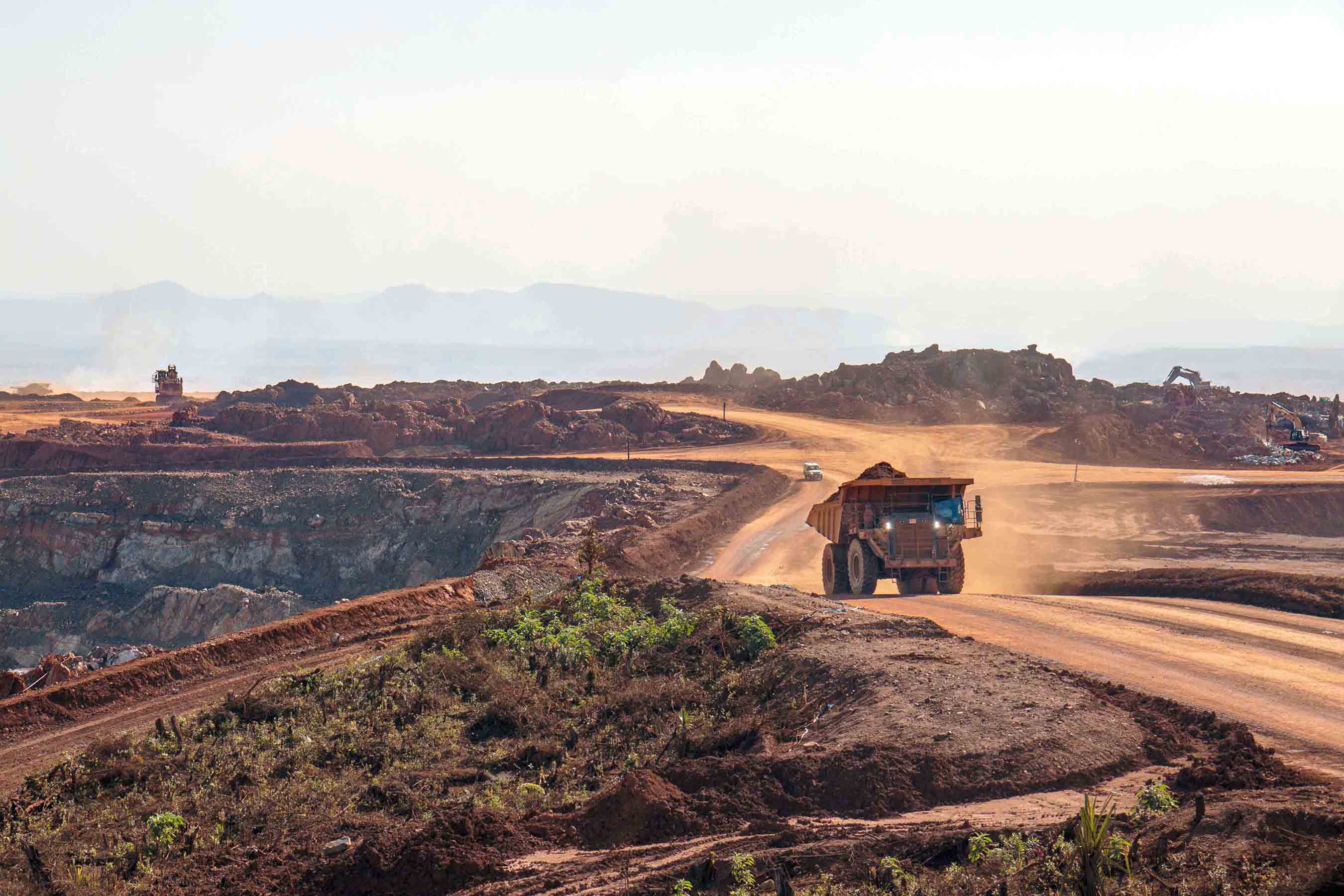What is the stock market? Why do we need a stock exchange? Does it matter, in terms of economic development and growth, whether or not a country has a stock market? These are the basic but fundamental questions, many people ask – even in Zambia after 26 years since the formation of the Lusaka Stock Exchange in 1994. And now with the coronavirus pandemic, the entire world is suffering an economic meltdown, and many people are weighing their investment options, and wondering once again if there is relevance and merit in investing in stock markets. We could spend plenty of time attempting to provide answers to these questions but it is best to let the empirical evidence speak for itself.
A comparison of some basic economic statistics between Zambia and, say Iceland might help to understand the relevance of a stock market and benefits to be derived from the operation of a stock exchange.
| RELEVANCE AND VALUE OF THE STOCK MARKET TO ECONOMIC DEVELOPMENT | ||||
| COMPARISON OF ZAMBIA to ICELAND: 2019 Statistics | ||||
| Indicator | ICELAND | ZAMBIA |
| |
| Population (2019) | 359,991 | 17,351,708 | ||
| Land Area : sq km | 103,000 | 752,618 | ||
| Year Stock Exchange formed | 1985 | 1994 | ||
| Number of Listed companies | 16 | 22 | ||
| Market Capitalisation USD$- 30 March 2020 | 7,132,096,846 | 1,274,267,836 | ||
| GDP as at 31 December 2019 : US$ billion | 24.20 | 23.95 | ||
| Market Cap / GDP ratio : % | 24% | 5% | ||
| Turnover USD$ in 2019 : million | 4,144 | 18 | ||
| Turnover / Market Cap ratio : % | 72.1% | 1.5% | ||
| Stock market Value per Person :US$ | 15,967 | 69 | ||
| Index Y-T-D performance in 2019 | -8.84% | -18.28% | ||
| Index Y-T-D performance in 2020 | -6.39% | -4.26% | ||
There are no prizes for guessing or knowing that fishing is one of the key industries in Iceland. The empirical data (refer to the table) shows that Zambia with a population 48 times larger than Iceland and seven times larger in land mass and with a diversity of economic endowments, has the same size economy as Iceland at US$24 billion GDP.
Clearly, Iceland appears to be punching above its weight. (Or is Zambia punching below its weight?) How does Iceland manage to sustain itself at this high performance level? Iceland has a stock market with a market capitalisation (i.e. total market value) of US$7.1 billion compared to US$1.2 billion for Zambia and the turnover (i.e. total value of transactions) on its stock exchange in 2019 was US$ 4.1 billion and far larger than the LuSE turnover by a resounding factor of 226 times.
Despite being rich in natural resources, the empirical data indicates that Zambia has a stock market value of US$69 per person compared to US$16,000 per person in Iceland. So, we can say stock exchanges certainly seem to have relevance in the overall development of an economy and have a huge impact in determining the ultimate weight or punch of that economy. But what is this relevance? The relevance is that economic development needs appropriate funding. And this funding is called risk capital. To the extent that risk capital is readily available, this facilitates and supports entrepreneurship, which results in increased economic activity, through formation and expansion of businesses – and ultimately resulting in economic development, growth, job creation and wealth creation for the populace.
So where does the individual fit in all this? Companies can raise risk capital by going to the stock exchange (called listing) and offer their shares to individuals and institutional investors (such as pension funds) and raise the critical funds needed for their expansion or development for growth. The individuals or institutions become shareholders or part-owners of the business. The company for its part raises money which it deploys to actualise its business plan and growth strategy to generate earnings and profits and dividends for the shareholders.
In summary, investors are willing to invest in a company on the expectation that the company will perform well going forward and in return the company will pay back the investors in the form of regular income called dividends or the increase in the value of the shares on the stock exchange, referred to as capital gain. We see therefore that this risk-return relationship is fundamentally premised on one key principle: “Confidence in the future is the greatest asset of all,” to quote Gordon Brown when he was the UK’s Minister of Finance.
Share prices on stock markets, across the world, including Zambia, have dropped dramatically as a result of the stifling of economic activity and loss of business for companies because of the coronavirus pandemic.
The drop in share prices, currently being experienced by stock exchanges around the world does not mean the underlying quality or strength of the listed companies has gone down.
To the contrary, many companies still offer quality stocks – and the expectation is that once the coronavirus is under control, share prices will rebound on the stock markets. Investors can therefore use the current conditions, as an opportunity to identify quality stocks on the Zambian stock exchange that are grossly undervalued under current market conditions of uncertainty and fear created by the coronavirus crisis.
As a yardstick to identify stocks that are undervalued, we look at
- the long-term prospects of the company in the economy;
- the share price compared to the book value of the company and;
- the payback period – if you buy the share today.
So is it a good idea to invest in the midst of the coronavirus crisis or any other financial crisis? Well, remember the golden principle about confidence in the future. It is clear that the coronavirus has hurt economic activity and has severely slowed economic growth. However, the resultant drop in share prices presents opportunities for bargain hunting and investing. We are undoubtedly experiencing trying times due to coronavirus but the pandemic will ultimately be overcome. It will not happen overnight but economies will rebound. Zambia can benefit from recognising the stock market as a critical part of its economic well-being and that the Lusaka Stock Exchange can rise to the challenge of providing a matching of our risk and return appetites to stir entrepreneurship and economic growth in Zambia.








